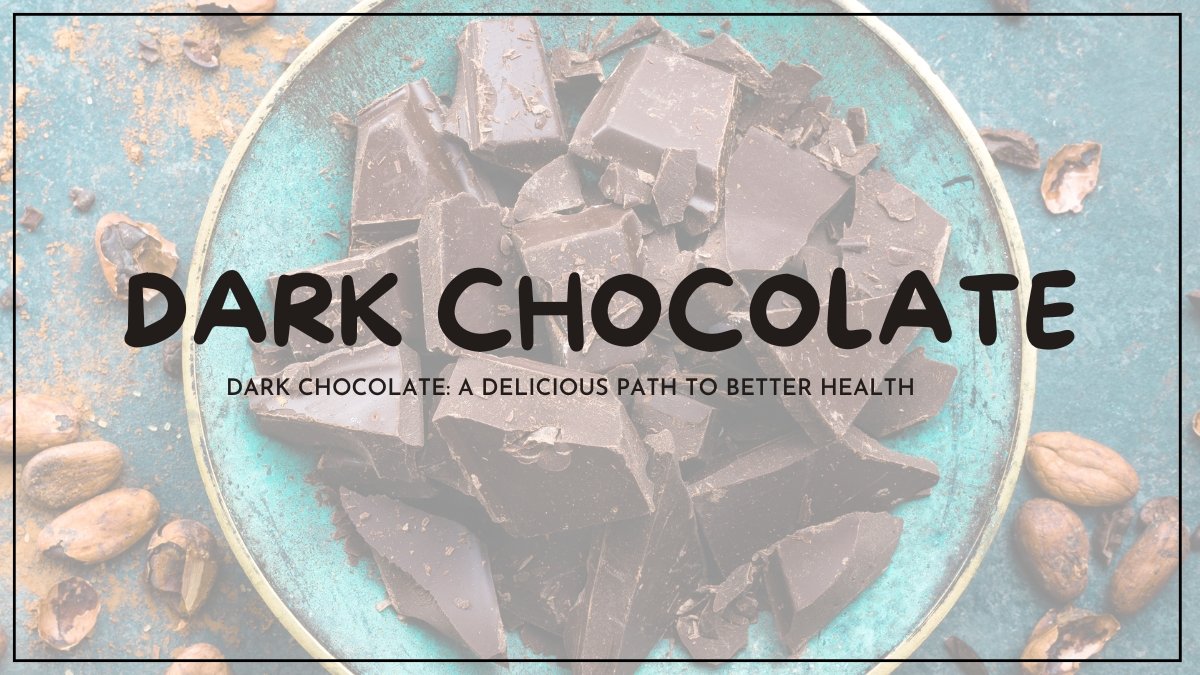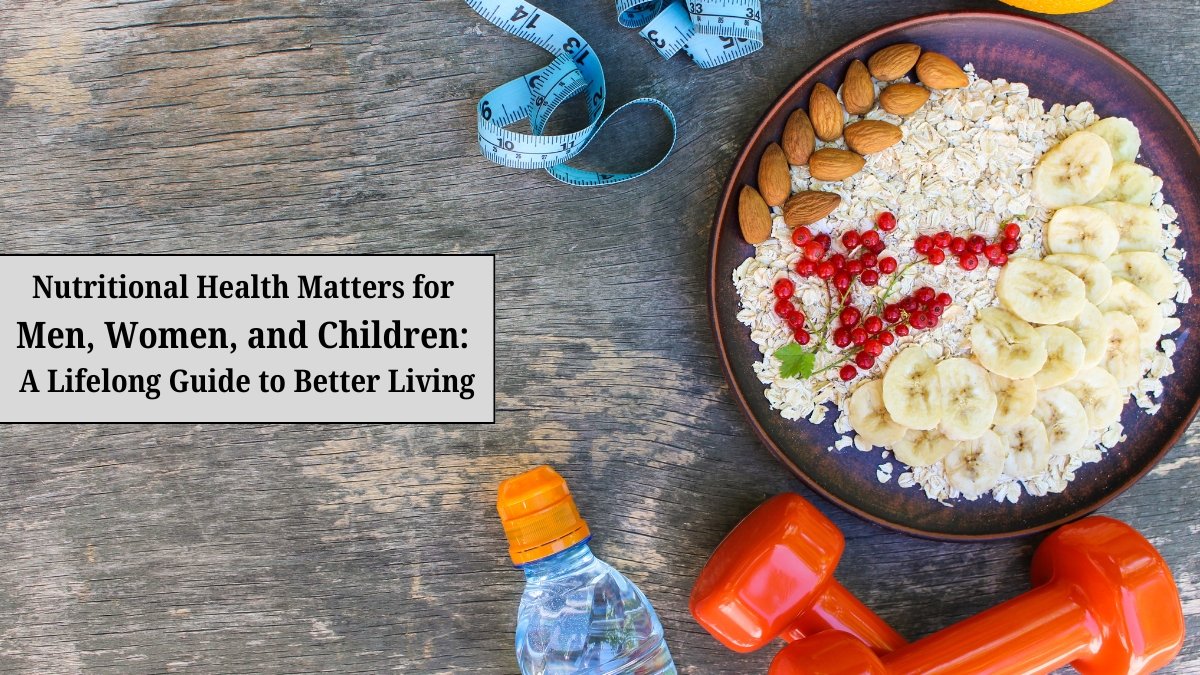Introduction: Why a Balanced Diet Matters
What is a Balanced Diet : A balanced diet is the foundation of good health, yet many people struggle with understanding what it really means. With so much conflicting nutrition advice, it’s easy to feel overwhelmed. Should you eat low-carb or high-protein? Is fat bad for you? How many calories do you actually need?
In this guide, we’ll break down everything you need to know about a balanced diet—what it is, why it matters, and how you can easily incorporate it into your daily routine.
READ MORE :- Remembering Val Kilmer 2025 : Celebrating the Life and Legacy of a Hollywood Icon
What is a Balanced Diet ?
A balanced diet provides the right proportion of nutrients, including carbohydrates, proteins, fats, vitamins, and minerals, to keep your body functioning optimally.
A well-balanced diet should include:
- Carbohydrates (for energy)
- Proteins (for muscle growth and repair)
- Healthy fats (for brain function and cell health)
- Vitamins and minerals (for overall body processes)
- Water (for hydration and bodily functions)
A balanced diet is about quality and variety, not just counting calories!
Key Components of a Balanced Diet
Carbohydrates: The Body’s Main Energy Source
Carbs often get a bad reputation, but they are essential for providing energy. The key is choosing the right kinds of carbohydrates:
Good carbs: Whole grains, fruits, vegetables, legumes
Bad carbs: Sugary snacks, white bread, sodas

Proteins: The Building Blocks of Life
Protein is essential for muscle growth, hormone production, and immune function. Good protein sources include: Healthy proteins: Lean meats, eggs, fish, beans, nuts, tofu
Unhealthy proteins: Processed meats tofu, bacon, salami)

Healthy Fats: Not All Fats Are Bad
Healthy fats support brain function, hormone production, and heart health.
Healthy fats: Avocados, nuts, olive oil, fatty fish
Unhealthy fats: Trans fats in fast food, margarine, processed snacks
Vitamins & Minerals: Essential for Well-being
Vitamins and minerals play a crucial role in immune function, bone health, and energy production.
- Vitamin C (oranges, strawberries) boosts immunity
- Calcium (dairy, leafy greens) strengthens bones
- Iron (red meat, lentils) helps with oxygen circulation

Water: The Forgotten Nutrient
Water is just as important as food! It helps with digestion, temperature regulation, and nutrient absorption. Aim for 8-10 glasses a day.

Portion Control & Meal Planning
A balanced diet isn’t just about what you eat, but also how much you eat.
The Perfect Plate Method
A simple way to structure meals is using the Harvard Healthy Eating Plate: 50% Vegetables & Fruits , 25% Whole Grains , 25% Protein Healthy Fats in Moderation
Portion Control Tips
- Use smaller plates to avoid overeating.
- Fill half your plate with vegetables.
- Stop eating when you’re 80% full (a concept from Japanese culture called “Hara Hachi Bu”).
Sample Balanced Diet Meal Plan
Breakfast: Oatmeal with nuts and berries + a glass of water
Lunch: Grilled chicken with quinoa and roasted vegetables
Snack: Greek yogurt with honey and almonds
Dinner: Salmon with brown rice and steamed broccoli
The Dangers of an Unbalanced Diet
Eating too much of one nutrient while neglecting others can lead to health problems like:
Obesity (from excessive calorie intake)
Diabetes (from too much sugar and processed carbs)
Heart Disease (from unhealthy fats and cholesterol)
Nutrient Deficiencies (from lack of variety in diet)
A balanced diet helps prevent chronic diseases and keeps you feeling energetic.
Tips for Maintaining a Balanced Diet
- Eat the rainbow: Include colorful fruits & veggies for diverse nutrients.
- Limit processed foods: Avoid junk food and choose whole, natural foods.
- Hydrate: Drink plenty of water daily.
- Stay active: Combine good nutrition with regular exercise.
- Practice mindful eating: Avoid distractions and eat slowly.
Conclusion: Start Your Balanced Diet Today!
A balanced diet isn’t about perfection—it’s about making better choices every day. By focusing on whole, nutrient-rich foods and maintaining portion control, you can improve your energy levels, boost your immune system, and support long-term health.
Are you ready to start eating healthier? Share your favorite balanced meal in the comments!














